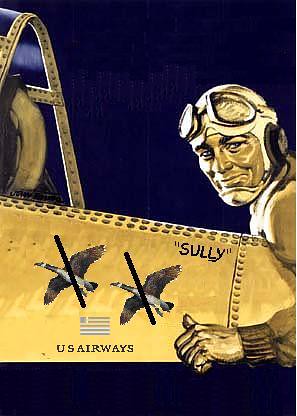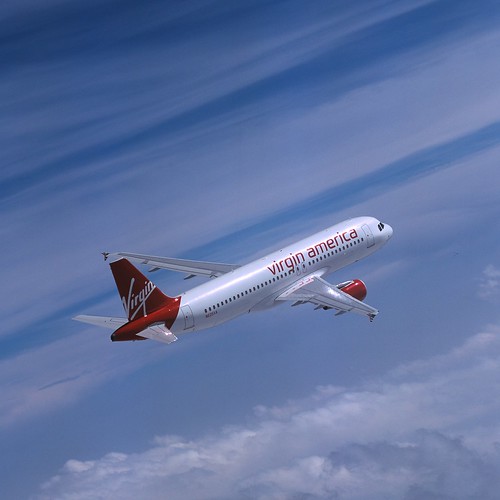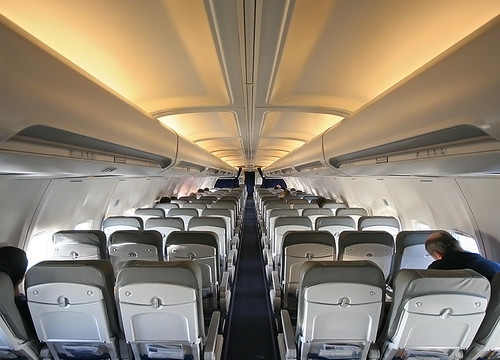FAA makes public its airplane-bird strike data

Finally, travelers will be able to learn which airports have the worst problems with birds.
Since 1990, the Federal Aviation Administration has been collecting reports voluntarily submitted by commercial and private pilots, the military, airline mechanics, and airport workers who clear dead birds and other animals from runways. The agency has released aggregate data over the years so it’s known that there are records of more than 100,000 strikes and that reported strikes more than quadrupled from 1,759 in 1990 to 7,666 in 2007.
But the FAA has always feared the public can’t handle the full truth about bird strikes, so it has withheld the names of specific airports and airlines involved.
Aware that some airports do a better job reporting strikes than others and that some face tougher bird problems, the agency said the public might use the data to “cast unfounded aspersions” on those who reported strikes and the airports and airlines in turn might turn in fewer voluntary reports.
But this week Transportation Secretary Ray LaHood overruled the FAA’s attempt to throw a formal cloak of secrecy over the data before it had to reveal the records in response Freedom of Information Act requests from The Associated Press and other news organizations.
The database was to be posted on the Internet at midmorning Friday.
With President Barack Obama promising a more open government and releasing secret Bush administration legal memos about harsh interrogations of terrorism suspects, LaHood said he found it hard to justify the FAA’s plan to withhold records about birds flying around airports.
LaHood also noted the public bridled at being kept in the dark. In addition to newspaper editorials coast to coast opposing the FAA’s secrecy, members of the public commenting directly to the FAA opposed it by a 5-to-1 margin.
Although the FAA brags that the voluntary database is “unparalleled,” the agency has conceded that only about 20 percent of strikes are recorded on it.
In comments opposing the FAA plan, Paul Eschenfelder, an aviation consultant from Spring, Texas, wrote that in 2004 a government-industry working group, which was writing new FAA design standards for engines to withstand bird strikes, “agreed that the FAA wildlife database was unusable due to its incompleteness” and paid Boeing Co. “to develop a cogent database that all agreed was superior” because it combined the FAA records with those of several engine manufacturers and British records.
The FAA presser notes that “over the next four months, the FAA will make significant improvements to the databaseto improve the search function and make it more user-friendly. In its current format, users will only be able to perform limited searches online, but will be able to download the entire database.”







